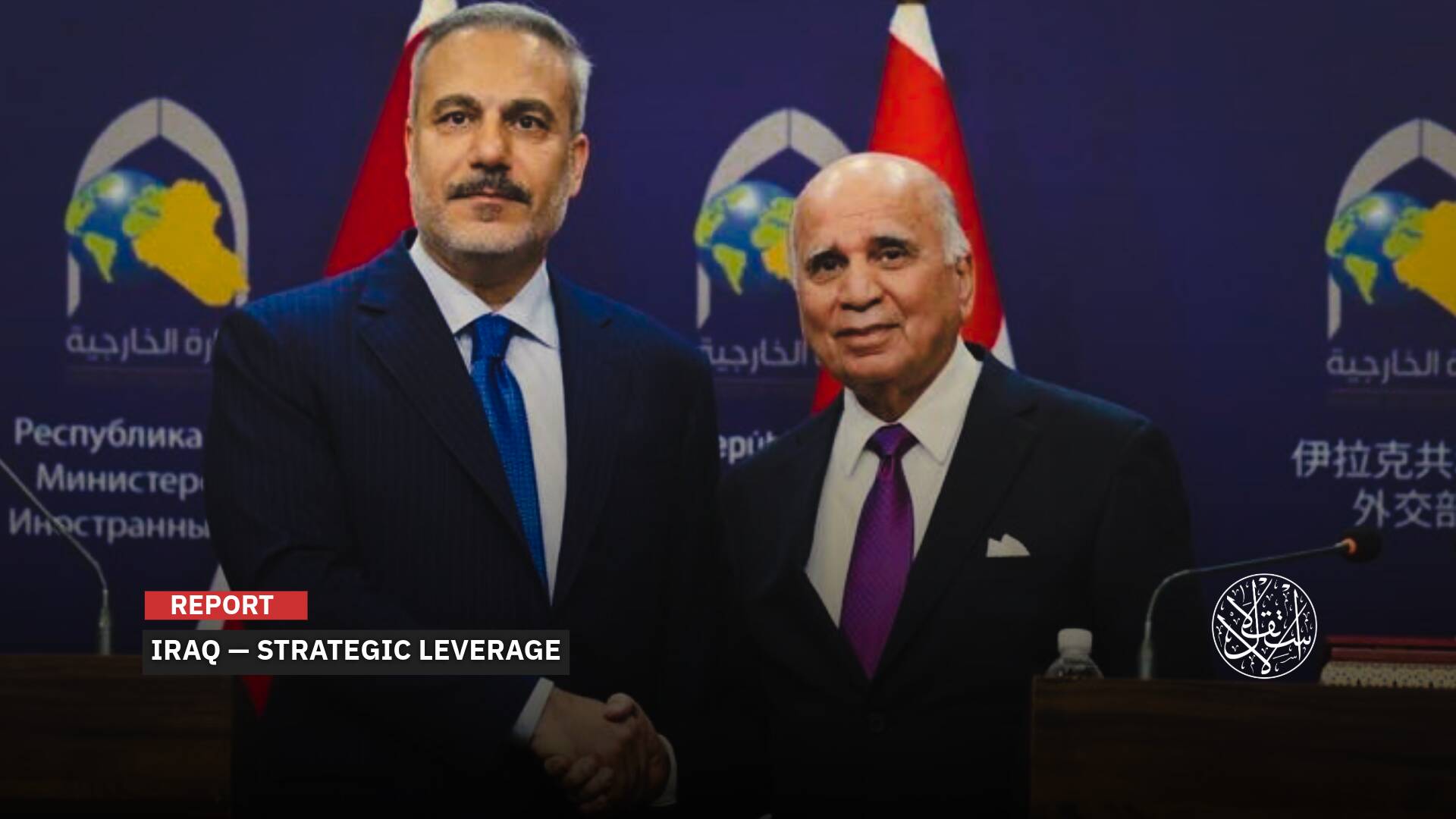Geopolitical Tensions: This Is How Beijing and Washington Are Fighting to Control Global Communications

While the United States seeks to maintain its dominance over the global Internet infrastructure, China is accelerating to compete with U.S. hegemony in this field, and is striving to increase the number of its own Internet cables due to the great strategic importance of undersea cables in the digital age.
China intends to build a fiber-optic undersea cable network for the Internet linking Asia, the Middle East, and Europe and to compete with a similar cable supported by the U.S., according to a Reuters report published on April 6, 2023.
Analysts say that the undersea cable war had heightened with the advent of the 5G networks, which consume copious amounts of data transmitted through cables in order to work efficiently.
Actually, the U.S. controls the joints of the undersea cable sector, and since the World War, the conflict between countries has intensified, and many of them have increased fear of Washington’s control in this field and espionage on foreign data; because of such apprehension, China, Brazil, and Russia launched direct undersea cables with Europe and other regions away from America’s eyes.
Digital Silk Road
A new struggle has begun between the U.S. and China to gain supremacy in controlling global communications through undersea fiber-optic cables in their recent tech wars, which has become another front for intense competition between the largest and second-largest economies in the world.
Reuters said, quoting four informed sources, that Chinese state-owned telecom companies are developing a $500 million undersea fiber-optic Internet cable network that will connect Asia to Europe across the Middle East to compete with a similar project backed by the U.S.
The new Chinese plan is a sign that the intensification of the tech war between Beijing and Washington risks disrupting the work of the Internet around the world.
The sources familiar with the project stated that the three major telecom companies in China, namely: China Telecommunications Corporation, China Mobile Limited, and China United Network Communications Group Co Ltd, are working on implementing one of the most advanced and long-distance undersea cable networks in the world.
Major Chinese telecom operators are expected to own more than half of the new undersea cable’s new network, according to CircleID.
The people said the proposed cable, known as EMA (Europe, Middle East, and Asia), would connect Hong Kong to China’s Hainan province before making its way to Singapore, Pakistan, Saudi Arabia, Egypt, and France.
They added that China would support China’s HMN Technologies Co Ltd, a fast-growing cable company whose previous company was majority owned by Chinese telecom giant Huawei Technologies Co, to implement the cable project.
The EMA would create a new high-speed connection between Hong Kong, China, and much of the rest of the world, something Washington wants to avoid, and it would give state-backed Chinese telecom companies greater access and protection should they be excluded from U.S.-backed cables in the future.
Countries could also be forced to choose between using Chinese-approved Internet equipment or U.S.-backed networks, entrenching divisions across the world and making tools that fuel the global economy, said Timothy Heath, a defense researcher at the RAND Corporation, a U.S.-based think tank.
“It seems we are headed down a road where there will be a U.S.-led Internet and a Chinese-led Internet ecosystem,” Heath told Reuters.
“The more the U.S. and Chinese disengage from each other in the information technology domain, the more difficult it becomes to carry out global commerce and basic functions,” he added.
According to Bloomberg, which quoted the Institute for Peace and Conflict Studies and the Leiden Asia Center in the Netherlands, as of 2019, China has become a landing point, owner or supplier, for 11.4% of undersea cables around the world, and they expect this percentage to grow to 20% between 2025 and 2030.

U.S. Hegemony
News of the planned cables follows a Reuters report last month that revealed how the U.S. government, concerned about Beijing eavesdropping on Internet data, has thwarted a number of Chinese undersea cable projects abroad over the past four years.
Washington had blocked licenses for planned private undersea cables that would have linked the U.S. to mainland Hong Kong, including projects led by Google LLC, Meta Platforms Inc, and Amazon.com Inc.
The U.S. attack campaign on Chinese Internet cables included providing training grants worth millions of dollars to foreign telecom companies in exchange for their preference to deal with U.S. companies rather than Chinese companies.
The U.S. government also imposed sanctions on the Chinese HMN company, which is the founder of the EMA cable, in December 2021, under the pretext that it intends to obtain American technology to modernize the Chinese army.
The Chinese-led EMA project aims to compete with another cable project currently being implemented by the American company SubCom LLC, called (SEA-ME-WE 6), and will also link Singapore with France, passing through Malaysia, Bangladesh, Sri Lanka, the Maldives, India, Pakistan, Djibouti, Saudi Arabia, Egypt, Greece, and Italy.
SubCom LLC, this past February, began laying a $600 million cable to carry data from Asia to Europe, through Africa and the Middle East, at ultra-fast speeds over 12,000 miles of fiber that runs along the seafloor.
SEA-ME-WE 6, with a length of 19,200 km, is one of at least six private undersea cable projects in the Asia-Pacific region for which the U.S. has stepped in to cancel bids from China’s HMN Technologies over the past four years.
The White House had indicated briefly on June 26 last year that the U.S. government helped the subcommittee win the cable contract between Singapore and France.
A State Department spokesperson said the U.S. supports a free, open, and secure Internet.
He added that countries should prioritize security and privacy by completely excluding untrusted companies from wireless networks, terrestrial and undersea cables, satellites, cloud services, and data centers.
On the other hand, the Chinese Foreign Ministry said in its statement that it opposes the U.S. violating established international rules on cooperation in the field of undersea cables.
In a statement, it demanded that the U.S. stop making up and spreading rumors about its so-called data monitoring activities and defaming and discrediting Chinese companies.

Cold War On Cables
Undersea cables formed a new front in the ongoing tech war between the U.S. and China, which became evident in February 2023, when two communications cables connecting Taiwan to the Matsu Islands were cut, which led to the cutting off of the Internet connection of 14,000 residents, as reported on March 8, 2023.
There are currently more than 430 undersea cables carrying up to 98% of the world’s international Internet data and telephone traffic, which some analysts describe as 21st-century oil, according to TeleGeography, a Washington-based communications research firm.
Reuters quoted an administration official and two security analysts as saying that these data channels, which transmit everything from emails and banking transactions to military secrets, are vulnerable to sabotage and espionage attacks.
Justin Sherman, a fellow at the Cyber Statecraft Initiative of the Atlantic Council, a Washington-based think tank, said that the undersea cables were a surveillance gold mine for the world’s intelligence agencies.
“When we talk about U.S.-China tech competition, when we talk about espionage and the capture of data, submarine cables are involved in every aspect of those rising geopolitical tensions,” Sherman was quoted by the report as saying.

In turn, telecom engineer Fawaz Satouf explained in a statement to Al-Estiklal that the cables that “America and China are building in parallel between Asia and Europe are unprecedented, and it is an indication that the global Internet infrastructure may witness a division in the coming years.”
“If the data were to follow the methods that were approved in Washington and Beijing, it would become easy for the two countries to manipulate and spy on that data,” he added.
Mr. Satouf concluded by saying: “In addition to that, Internet users will suffer from a deterioration in service, and it will also make it difficult for people around the world to interact and complete business among themselves.”
A report by the Eurasian Times says that as tensions continue to rise between the U.S. and China, battles over undersea cables are likely to become more intense in the coming period because they are the critical infrastructure of the Internet.
“Without these cables, it would be impossible to transfer data between continents at the speed and scale that we do today,” the report adds.
“As a result, control of these cables is seen as a key strategic asset for any country that wants to maintain its dominance in the digital age,” the report concludes.
Sources
- Exclusive-China plans $500 million subsea internet cable to rival U.S.-backed project
- U.S. and China wage war beneath the waves – over internet cables
- ‘Undersea Battle’ Erupts Between US & China As Both Look To Gain Supremacy In Controlling Global Comm Lines
- Can China Compromise America’s Undersea Cables?
- China’s 7,500-Mile Undersea Cable to Europe Fuels Internet Feud











